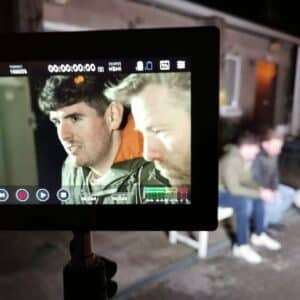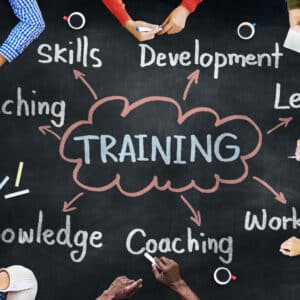The sudden shift to online and distance learning, triggered by the COVID-19 pandemic, has reshaped the landscape of education. While digital platforms offer unprecedented opportunities, they also bring forth a myriad of challenges for students, educators, and institutions alike.
What are some of the hurdles faced during this abrupt transition and the strategies to overcome them.
- Technological Barriers:
- Not all students have access to reliable internet connections or appropriate devices.
- Ensuring equitable access to technology becomes a fundamental challenge, impacting the ability of some students to fully engage in online learning.
- Adaptation to Virtual Platforms:
- Both students and educators must adapt to new virtual learning environments.
- Navigating online platforms, understanding digital tools, and troubleshooting technical issues create a learning curve that can be challenging for some.
- Engagement and Motivation:
- Maintaining student engagement in a virtual setting poses a significant challenge.
- The absence of face-to-face interaction and the potential for distractions at home can lead to decreased motivation and participation.
- Assessment and Evaluation:
- Traditional methods of assessment may need to be reevaluated for an online format.
- Ensuring the integrity of assessments, preventing cheating, and providing fair evaluations pose challenges in a virtual setting.
- Student Well-Being:
- The isolation inherent in online learning can impact students’ mental health.
- Institutions must find ways to support students emotionally and create a sense of community in the absence of physical classrooms.
- Digital Literacy Gaps:
- Not all students and educators possess the same level of digital literacy.
- Bridging the digital literacy gap is crucial for effective communication and collaboration in virtual learning environments.
- Access to Learning Resources:
- Students may face challenges accessing necessary learning materials, particularly if they rely on physical resources from libraries or labs.
- Ensuring access to digital resources and alternative materials becomes imperative.
- Inclusive Education:
- Adapting teaching methods to accommodate diverse learning styles is more challenging in a virtual environment.
- Educators must find ways to provide inclusive education that meets the needs of all students.
- Educator Professional Development:
- Many educators had to rapidly adapt to online teaching without prior training.
- Providing ongoing professional development opportunities is essential to enhance educators’ proficiency in delivering effective online instruction.
- Digital Divide in Global Contexts:
- Internationally, the digital divide is more pronounced, with disparities in technological infrastructure and access to online education.
- Bridging these global gaps presents challenges for achieving equitable learning opportunities worldwide.
Léargas host a Digital Education Webinar on 30 September 2020, 10:30-11:30 am
This webinar complements the new Erasmus+ KA2 Call on Partnerships for Digital Education Readiness, and is particularly suitable for organisations that intend to apply.
The webinar will Discuss the challenges of the sudden shift to online and distance learning, and how European projects complement this. Support teachers to develop digital competence and safeguard the inclusive nature of learning. Hear from Digital Education experts, and discuss the Digital Competency framework.
The COVID-19 pandemic has limited the ways people can interact with each other and carry out their work. It has also had a significant impact on the regular delivery of education, training and youth policies, and seriously affected the cultural and creative sectors. As a direct response to these challenges, the European Commission have funded two new types of Erasmus+ Strategic Partnership projects. Almost €2.5 million is now available to organisations in Ireland, to support the recovery process from the COVID-19 pandemic, to build digital and creative readiness, and to ease the impact of the crisis on some of the hardest-hit sectors.
Organisations established in Ireland can apply to lead, or be partners in:
- Partnerships for Digital Education Readiness, open to organisations active in School Education, Vocational Education and Training, and Higher Education.
- Partnerships for Creativity, open to organisations active in Adult Education, School Education and Youth.
The deadline for applications is 11.00 am Irish time on Thursday 29 October 2020.
Onlinecampus.ie is Ireland’s largest database of online courses in Ireland. We list online courses of all types so that you can find the best online course for you.












Comments